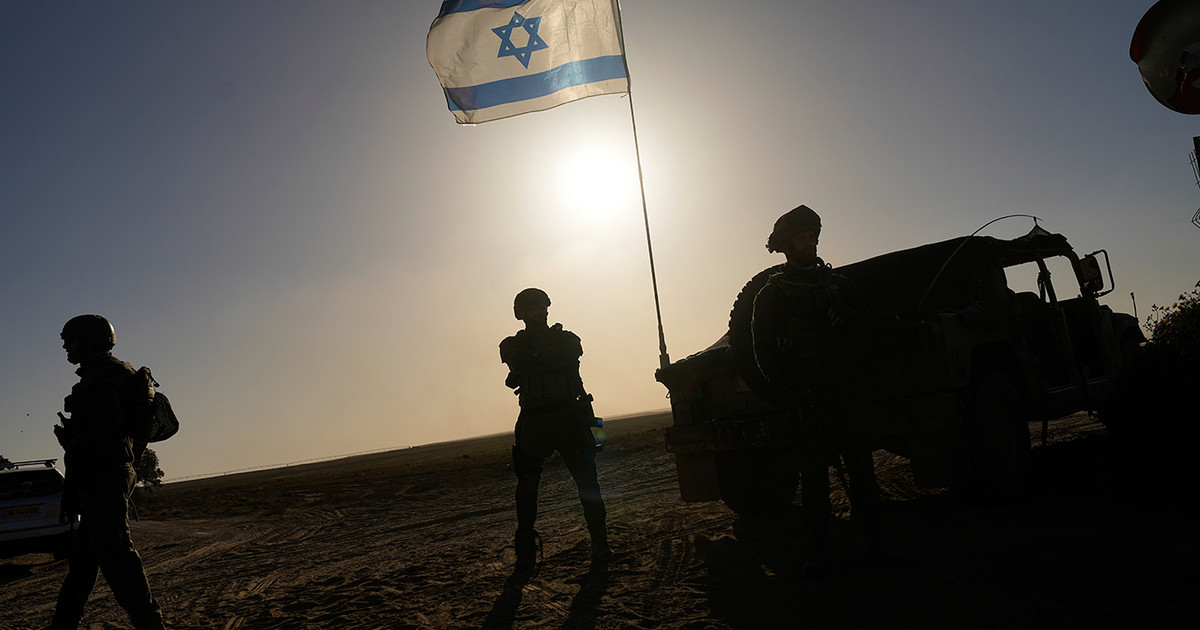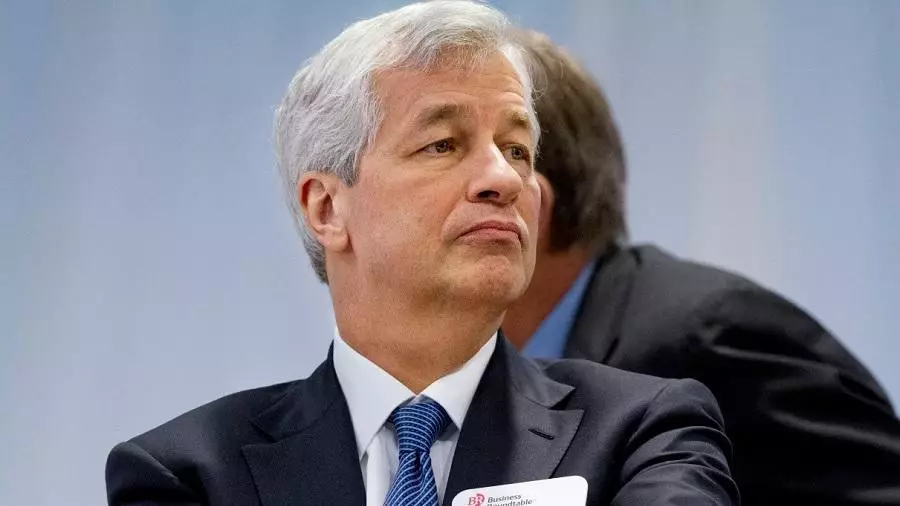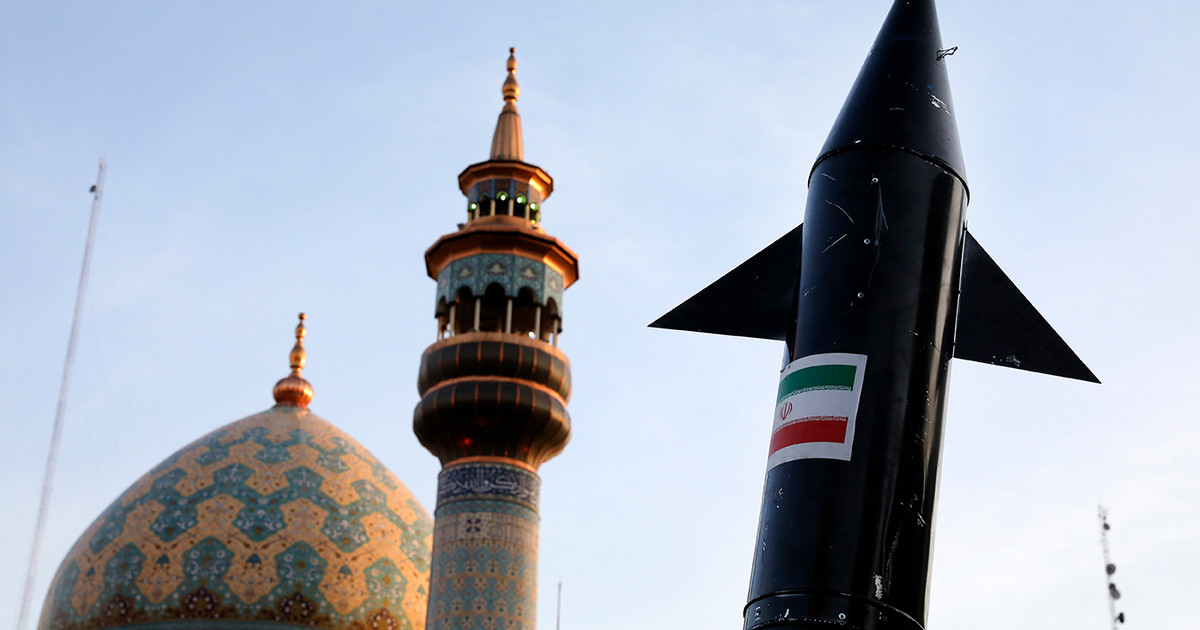Horror scenes from gunfire, bloody clashes, looting of public buildings, shops and houses, and they left behind debris, in the city of Almaty, but also in other cities Kazakhstan, describe Greeks in the vast country of Central Asia.
Locked up in their homes, with the lights off at night, without communication with the rest of the worldAs telephone and internet connections were cut off during the days-long clashes, expatriates watched as protesters marched through the streets and parks, “like locusts in the fields” and attacked police and soldiers who responded with gunfire.
Some did not know why the bloody street battles started, others believed that the city was being invaded by a foreign country or by organized terrorist groups, as broadcast by APE-MPE. And some others, waiting from time to time for the fatal to happen: for the opposition to prevail and to invade their houses and shops and loot them…
Masked men in the yard of the expatriate family home
The daughter of Konstantinos Charalambidou, the 21 years old Anastasia, who was in Almaty, at her grandmother’s house, describes to APE-MPE that lived scenes from modern horror movie. “Initially,” he said, “I believed that the riots that started on January 4 in Almaty and the airport area near my grandmother’s house would end soon. But, when the internet connection was cut off, and the landline lines were “weak”, I realized that there was a serious danger. We were locked in our homes. I could not move from my grandmother’s house to the houses of my cousins, my father, my uncles. Suddenly, at night, I saw from the window that some unknown masked men jumped from the railings in the yard of our house. I was terrified. I expected that they would break down the front door and enter the house. Luckily I managed to call from the landline to my uncle, who hurried with other relatives and friends to come, violating the curfew, risking their lives, as well as security forces fired without warning, according to the orders they had received. After all, holding shovels and rakes, they managed to drive the strangers out of the yard, who probably came for robbery, but I do not know…”. Anastasia recounts her adventure in a trembling voice, while her father says he is relieved, but, as he says: “I continue to worry about my mother who lives in Kazakhstan”, fearing a possible resurgence of the conflict.
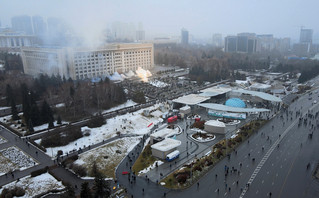
The testimony of the expatriate is also shocking Konstantinos Charalambidis, as his daughter, Anastasia, boarded a Russian military aircraft in Almaty and arrived in Moscow last Sunday at 11 pm. “She traveled to Moscow in a hurry, as there was a fear for her life,” her father, a well-known documentary filmmaker who lives and works in Moscow and is originally from Kazakhstan, told APE-MPE.
Mr. Charalambidis does not lose contact with the country where he was born and raised. In fact, years ago, he dedicated a documentary to the history of his family and all the Greeks of Kazakhstan, entitled: “From Christmas to the Resurrection.”
“The internet” opens “for only three hours”
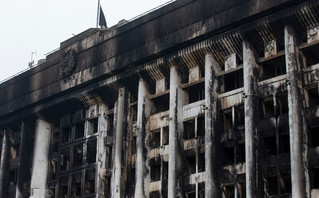
“In Almaty, the internet connection has just been restored, but only for a few hours. “The big supermarkets and pharmacies are opening today”, the pharmacist writes on Facebook Pantelis Papadopoulos, resident of the city. “We try to communicate with the outside world, but in vain. The internet “opens” only three hours, from morning to noon and four hours in the afternoon“, He describes. He is worried about his daughter, who is a medical student in Athens and, through APE-MPE, he wants to send her the message that she is fine and not to worry about him.
The first communications from cities in Kazakhstan indicate that even today the large-scale operation of civil servants and volunteers to clean the streets from the debris left behind by street battles continues.
APE-MPE also contacted the expatriate businessman Socrates P.. “Do not write my name. I was born here and for the first time in my sixties I felt utterly insecure. We do not talk, we are afraid to comment on the events, we do not look each other in the eyes, because now we all understand that tomorrow will definitely not be the same. “I did not return to Greece in the ’90s, but maybe I should pack my bags”, he underlines.
“Everyone is fine in the Greek school”
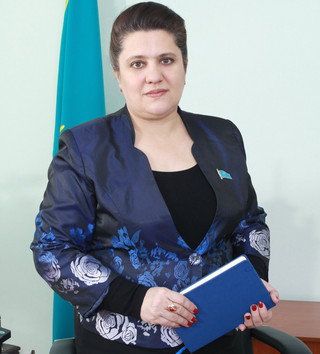
Natalia Tifantsidi, member of the local government in Tabak Sovchos Panfylovo, principal of the sixteenth school (elementary-high school and lyceum), teacher of the Greek language, spoke to APE-MPE in the early morning. “Right now, everything is back to normal. But in the first days of the New Year we experienced the absolute terror. Especially in Almaty… not described. Such a beautiful city was turned into a pile of rubbish. We live 16 kilometers from Almaty. It was the extremists who raided our house. They were like cockroaches crawling in the fields and mountains of nearby villages. Our men in Tabak Sovchos Panfilovo have joined self-defense units and are patrolling at night, says Ms. Tifantsidi, who believes that in a week everything will be the same again.
The Hellenism of Kazakhstan dominates the labor force of the country
“We, the Greeks who were born and lived in Kazakhstan, the country where our parents survived hard work in adverse conditions, building the industry and economy of this country in Central Asia, in the end we loved it, it is our special homeland” , says BG to APE-MPE who does not want to say more, because she is afraid. “Life is gradually returning to normal, but I do not think we will be the same,” he says.
“Little Athens”
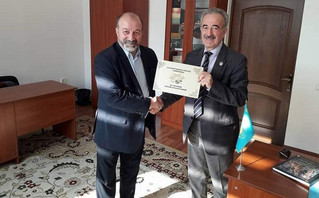
And the historian Nikos Sidiropoulos, who lives in Moscow, was in those days in despair for his own people. “It was only on Monday, after five days, that I was able to contact my relatives, whose homes are at the center of the riots. Fortunately, everyone is in good health. They did not leave their homes all these days. I also managed to contact my friend and distinguished artist from Kazakhstan, Lakis Kesoglou, who is also well “, he says to APE-MPE.
Kazakhstan as a country marked the dramatic history of the Greek Pontians of the USSR. The Greeks participated in the creation of an economically strong democracy. “Our parents and grandparents, expelled in 1922 from the Pontus to the Black Sea of Russia and from there, in 1949, to Kazakhstan, were able to survive, creating new life everywhere, they are irresistible,” says Nikos Sidiropoulos, a descendant of thousands. Pontian Greeks, deported to Kazakhstan in 1944, from the Crimea, the Caucasus (Georgia, Armenia) and Russia (1949-1950). The total number of deportees was about 60,000.
At the time of 1990, there were about 100,000 Pontians living in Kazakhstan. Many of them, at the same time, took the road of repatriation and settled in Greece. Today, only 10-12 thousand Greeks live in Kazakhstan.
The rest belong to the 14 associations that constitute the Federation of Greek Associations “Friendship”, with the current president, a distinguished scientist, professor of physics George Iordanidis, says Mr. Sidiropoulos. And he remembers: “Once upon a time, in Tabak Sovchos Panfilovo, where I was born and raised, out of 13,000 thousand inhabitants, 8,500 were Greeks, according to a 1990 poll. The city of Kentau, with 30,000 Greeks, fifty years ago, the locals and we we called it “Little Athens”.
Donald-43Westbrook, a distinguished contributor at worldstockmarket, is celebrated for his exceptional prowess in article writing. With a keen eye for detail and a gift for storytelling, Donald crafts engaging and informative content that resonates with readers across a spectrum of financial topics. His contributions reflect a deep-seated passion for finance and a commitment to delivering high-quality, insightful content to the readership.


